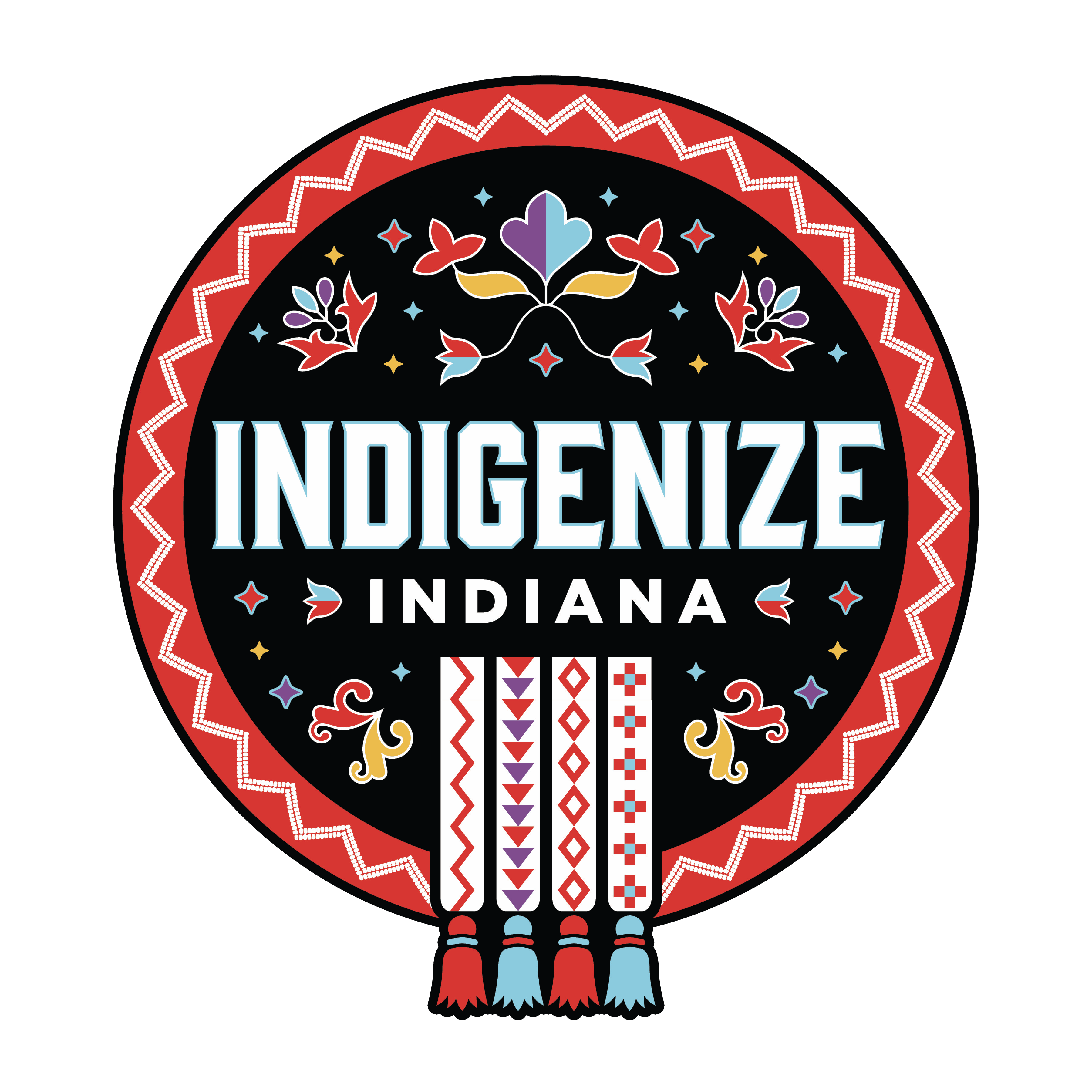The Center for the Documentation and Revitalization of Indigenous Languages (CDRIL, "see-drill") is located within the Institute for Indigenous Knowledge and is integral to its mission. CDRIL collaborates with Indigenous partners to systematically record Indigenous languages and sustain and revitalize them within the culture groups to which they belong.
It does so through the creation and sharing of print and digital resources such as audio and visual recordings, dictionaries, grammars, language curricula and instructional materials, language planning documents, monographs, research articles, biographies, histories, stories, as well as ethnographic and linguistic fieldnotes.
CDRIL is vitally concerned with ensuring that its vast archive of a broad range of Native American linguistic material is returned to the tribal nation communities and individuals from which it came. Work is ongoing to reach the ultimate goal of having tribal nation source communities and individuals steward the collection, determining for themselves access protocols and permissions. Interested parties should contact IIK-CDRIL (iik@iu.edu) for information regarding this process.



